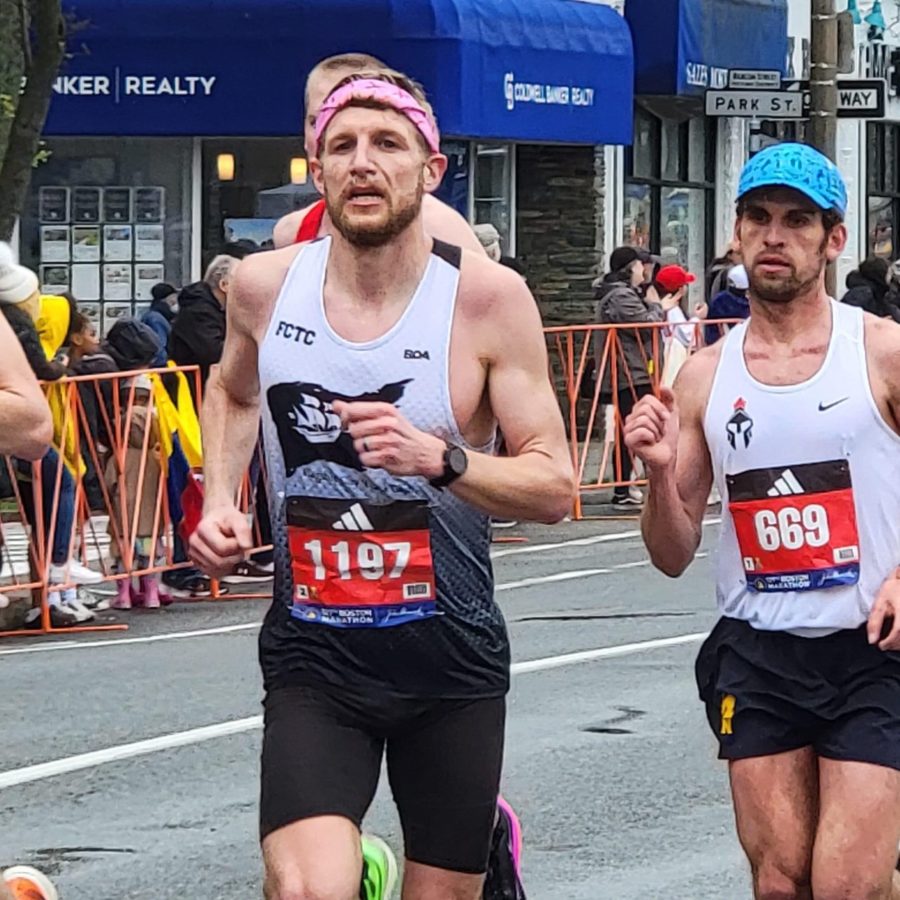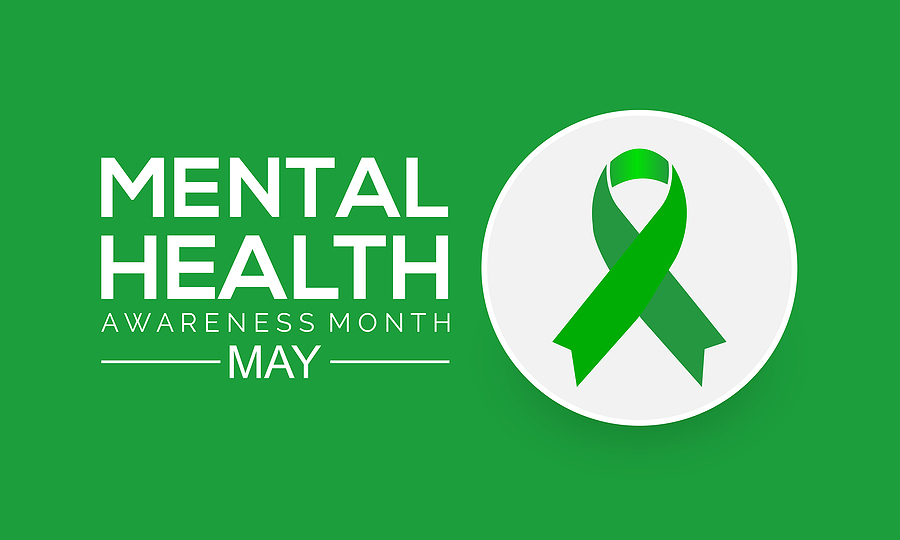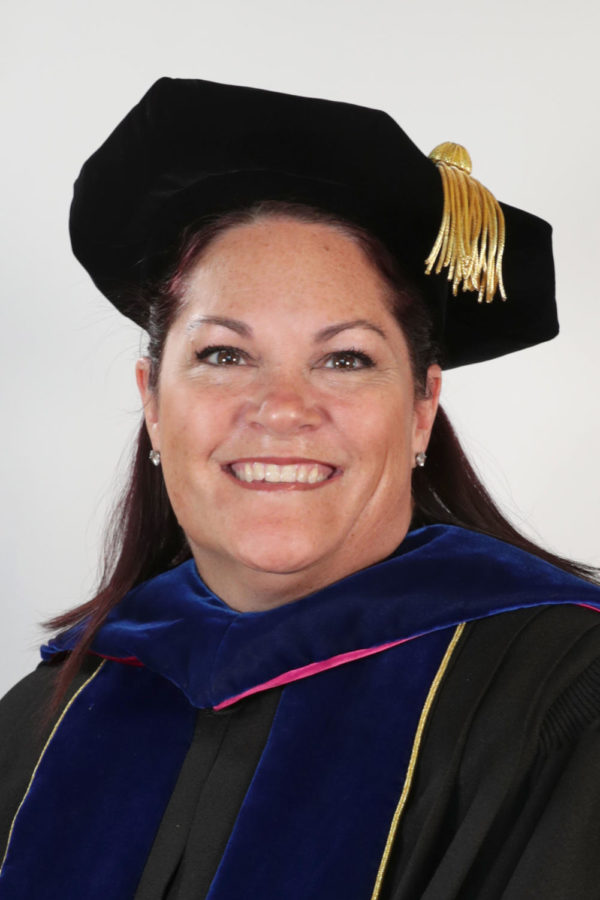The relationship between world religions has always been a topic of great concern for a vast number of people. In the last several years, the world has seen firsthand what ignorance of these intricacies can do in shaping perspectives and for justifying hostilities. This burden falls on the shoulders of those who take the time to educate themselves to make a difference in changing these views.
Mercyhurst College recently gave students, employees and community members an important opportunity to do just this. On March 29, an Interfaith Dialogue was held in the D’Angelo Performing Arts Center(PAC), which brought together people of diverse religious backgrounds into a round-table style conversation.
Local leaders from the three major Abrahamic religions—Judaism, Christianity and Islam—formed a panel and instigated discussion, which included addressing the five most misunderstood myths about each tradition, as well as what the panelists wish more people would know about their religions. Panelists included Corrine Halperin Egan of the Anshe Hesed Temple board, the Rev. Katie White of Crossroads Community Baptist Church of Erie and Sheikh Mazin Alsahlani, founder of the Almakarim Islamic Foundation.
Each panelist had his or her own opportunity to address the audience. Egan primarily focused on the influence of Judaism in ethics, religion and civil law. She said that the religion has a strong focus on justice, “sadakka,” and how this historical faith tradition is “not so much a religion, but a philosophy and way of life.”
White spoke on the misconceptions many have regarding Christianity. White stressed that most Christians are not unapproachable or exclusive. She emphasized that Christians are not all the same and that the beliefs, policies and actions of one group cannot and should not be equated to the whole: the tradition is extremely diverse.
Sheikh Alsahlani was extremely passionate in his discussion of Islam. He underlined that Islam is not a terrorist, violent, or aggressive religion, and that the word “islam” actually translates to “peace.”
Even though Judaism, Christianity and Islam were each addressed separately, the real power and emphasis of the event was in the harmony among the three.
“All men and women are brothers and sisters,” said Egan, “and we can all live together.”
“Interfaith is still limited,” Sheikh Alsahlani said. “It is our duty to expand this, to respect and honor all other religions, to be open to (these) views and not our personal ones.”




